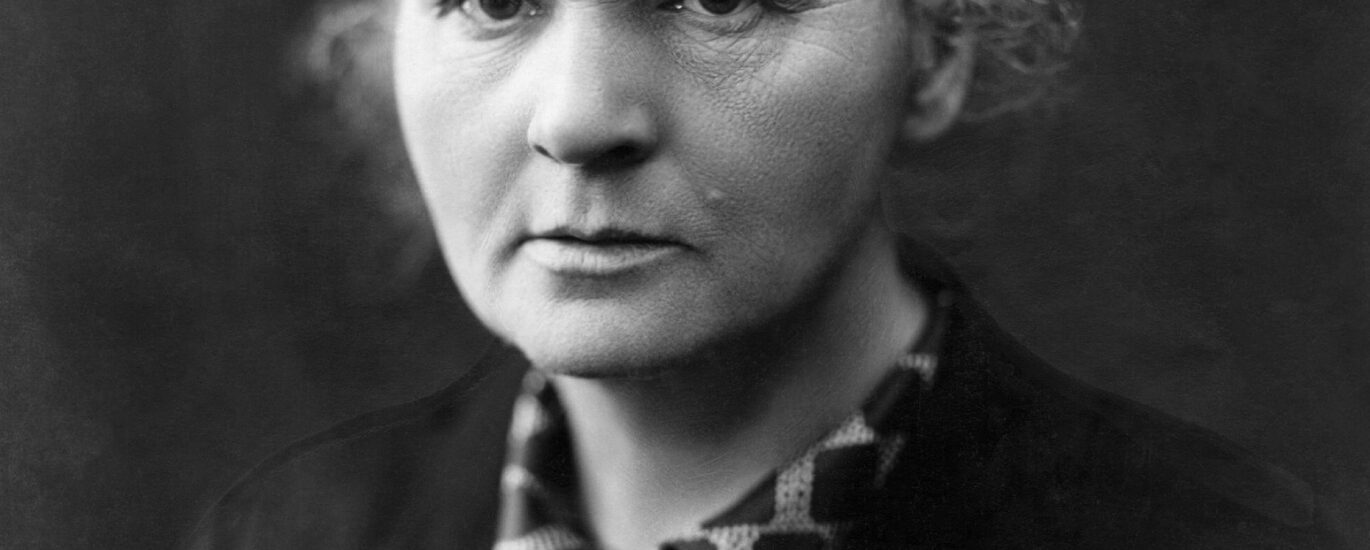Welcome to the captivating world of Marie Curie, a pioneering scientist whose discoveries changed the face of science and medicine. Born Maria Skłodowska in Warsaw, Poland, in 1867, she later moved to Paris, where she became known as Marie Curie. Her journey is one of determination, intellect, and groundbreaking achievements.
Marie Curie arrived in Paris in 1891 to study at the Sorbonne, where she excelled in physics and mathematics. It was here that she met her future husband and collaborator, Pierre Curie. Together, they embarked on a scientific journey that would lead to the discovery of two new elements: polonium and radium in 1898. The discovery of these elements was a monumental achievement, contributing significantly to the understanding of radioactivity—a term that Marie herself coined.
In 1903, Marie and Pierre Curie, alongside Henri Becquerel, were awarded the Nobel Prize in Physics for their work on radioactivity. This marked the first time a woman had ever received a Nobel Prize. Following Pierre’s untimely death in 1906, Marie took over his teaching position at the Sorbonne, becoming the first woman to teach there. Her career continued to flourish, and in 1911, she received a second Nobel Prize, this time in Chemistry, for her discovery of radium and polonium and her investigation of their properties.
During World War I, Marie Curie played a crucial role on the battlefield by developing mobile radiography units, known as ‘Little Curies’, to assist in medical care for wounded soldiers. Her efforts in promoting the medical applications of radium were instrumental in the development of modern oncology.
Marie Curie’s legacy extends beyond her scientific achievements. She founded the Curie Institutes in Paris and Warsaw, both of which remain major centers of medical research. Her life’s work and dedication to science have inspired countless scientists and continue to influence the world today.
Marie Curie passed away in 1934 from aplastic anemia, likely caused by her prolonged exposure to radiation. In 1995, she was honored as the first woman to be entombed on her own merits in the Panthéon in Paris, a testament to her enduring impact on science and society.



